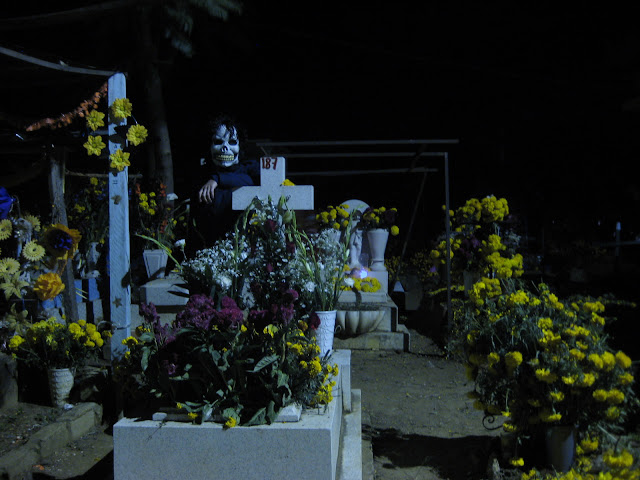Life is not about being in the know,
it’s about being in the mystery.
It can be seen in works of truly great art that each creative thought has been subject to, and transformed by, the intense pressure of the imagination of the artist. In this the artist is displaying a unique singularity of purpose and direction. Eckhart Tolle might say that the great artists achieve such pressures by relieving the mind of its power, and trusting instead an instinctive natural power, the animal being, the universal energy from far above and beyond the mere human. In this forge alone can the pressure and temperature required for creation be generated. How many artists describe their inspiration as not coming from internal choice, but coming from beyond them, traveling through them? For most of human history, this force was called God.
But doesn’t it seem to us so self-evident that production is done not through some mystery from the beyond, but through attention, thought, and application? Is this not our ethic of production, as humans, as animal workhorses? But perhaps this kind of personal immersion, the go-it-alone intensity of thinker-as-hermit, is not a channelling of power, but a disconnection from the energy of the real world. Perhaps this is where Socrates was as he stood motionless, so lost in the labyrinth of his own thought that he remained unrousable for several days. Would this kind of distance from universal power, and instead a reliance on earthly human thought alone, not bring forth this most aggressively literal and logical father of philosophy? Nietzsche recognised Socrates as a merely “theoretical man”, and so eventually a nihilist who cared not if he lived or died. Benjamin describes the Socratic method as “the erection of knowledge”, which “hounds the answer as dogs would a noble stag” (Socrates, 1916). They both identify in Socrates an element of paltriness and pedantry, of submission to the mundane. Socrates does not channel the power of God and release it in the world, he locks out everything but that which he can name and debate. In place of the great tragedies, mysteries and contradictions that had formed until then the backbone of human culture, he brings dull reality, clear transparency and the supremacy of truth.
Or have Nietzsche and Benjamin fallen into the trap (as did Lessing and accordingly all art historians and critics since) of defining their theory by their own taste? They find something vulgar about Socrates, something common. They see in him the twilight of man as a mystery, and the dawn of man as an animal, and they hate him for this. He lacks subtlety, he lacks complexity, he seeks to undo the metaphysical knots in which academicians love to tie themselves. Really he frightens them: he can cut them down to size, castrate them, he can expose their webs of pseudo-enlightenment as froth and sham. These philosophers who lack his rigour inhabit an elitist fortress of mystery into which only the great and the good have access. He strips power from those who hold the reins of subjectivity, and democratises thought. He is not an artist but a politician.
As for me, Nietzsche is my co-pilot, not Socrates. This fortress of mystery is not for some intellectual elite: each of us lives within its walls and we cannot know what lies without. When we look at the world we see only our shadows silhouetted (our “I”, which never leaves us) and we call that shadow truth. We can no more hunt down the truth than we can trap our own shadows. Why not leave the shadow to its own devices – it will look after itself.
After all, life is not about being in the know, it’s about being in the mystery.




No comments:
Post a Comment